Apple’s new iOS 14.5 update launched in June of 2021 and came with some pretty significant changes to the way marketers can advertise on Facebook. Apple released a video at the time surrounding their app transparency stance, which you can watch here. The video sets the tone for consumers about how their data is handled online by merchants, and as a result, user opt-ins for data tracking hit an all-time low. With user opt-ins on the decline, Facebook could not track user behaviours, meaning that targeting options and personalisation for advertisers became very limited.
So, what is happening here and what does this mean for marketers now? This article will cover the reasons for the change, what the most significant changes are, and what this means for businesses reliant on Facebook ads as part of their sales and marketing mix.
What is happening with Facebook and iOS?
Apple has rolled out an update to their operating system which is known as iOS14, which has users’ privacy in mind. iOS14 limits how much user data Facebook can collect which has put a limit on how much data can be shared and stored. A statement released by apple said:
“Privacy is a fundamental human right and at the core of everything we do. That’s why with iOS 14, we’re giving you more control over the data you share and more transparency into how it’s used.”
As a result of this update, all apple apps are required to ask users whether or not they wish to opt-in for tracking. The groups that will be affected as a result of this change are any businesses that target audiences, track conversions, optimise ads and advertise apps through Facebook ads or business tools.
I am a digital marketer. What does this mean for me?
In a survey it was revealed that 83% of mobile users are worried about how companies harvest and use their data. This is one driver behind apple putting a cap on Facebook Ads’ tracking functions for iOS14 devices. This signified terrible news for many marketers. All of a sudden ads couldn’t be personalised and performance reports became more limited in scope.
Facebook has responded to the iOS14 update with a solution called Aggregated Event Measurement, that they are working on. Aggregated Event Measurement is a way for marketers to run and measure their campaigns without violating consumer data. Aggregated Event Measurement measures the Facebook Pixel conversion events, which equate to the number of actions users are making on your company website.
So, what are the most significant changes on Facebook Ads?
- Tracking traffic
Within your campaign report, if you select ‘Link Clicks’ as the goal your reports will not be affected by the change. However, ‘Landing Page Views’ uses the Facebook Pixel and iOS14 devices will not be tracked within the report.
- Facebook Pixel Tracking & Ad optimisation
As more users have opted out of being tracked by Facebook, actions such as ‘click to download’, ‘add to cart’, and more will have lower numbers within the report. This also means there is less data to work with when it comes to optimising ads.
- Number of App installs
To protect user data privacy companies will not be able to track the app targeting for iOS14.
- Retargeting
iOS14 device users will not be tracked within retargeting or audience segments if they have opted out of their data being tracked by Facebook.
Reactions to the new update
For many social media marketers, they have relied on Facebook Ads because of the excellent targeting capability the platform offers. With these now significantly capped by Apple, marketers are seeing their Facebook Ads revenue negatively affected. While Facebook is doing what it can to help marketers that use the platform to advertise, both Apple and Facebook are prioritising consumer demands to protect their privacy.
Perspective
To help perspective on this, consider how important this one segment of the overall smartphone market is to your marketing strategy. iOS represents just one segment of the overall smartphone market – taking up 14% of the overall market share, whilst Android takes up a much greater 85%.
Looking for new clarity on Facebook performance v other channels?
BOSCO™ can lend a hand in helping you navigate these changes. Online marketers use it to understand where to best spend their marketing budget across multiple media channels, Facebook included. With these recent iOS changes in mind, we’ve helped marketers realign their ad spend across channels, plugging performance gaps and identifying new revenue opportunities.
If you would like to know more about how BOSCO™ can help improve your social media ad strategy and increase ROI, visit www.AskBOSCO.io or email team@ask-bosco.com.




